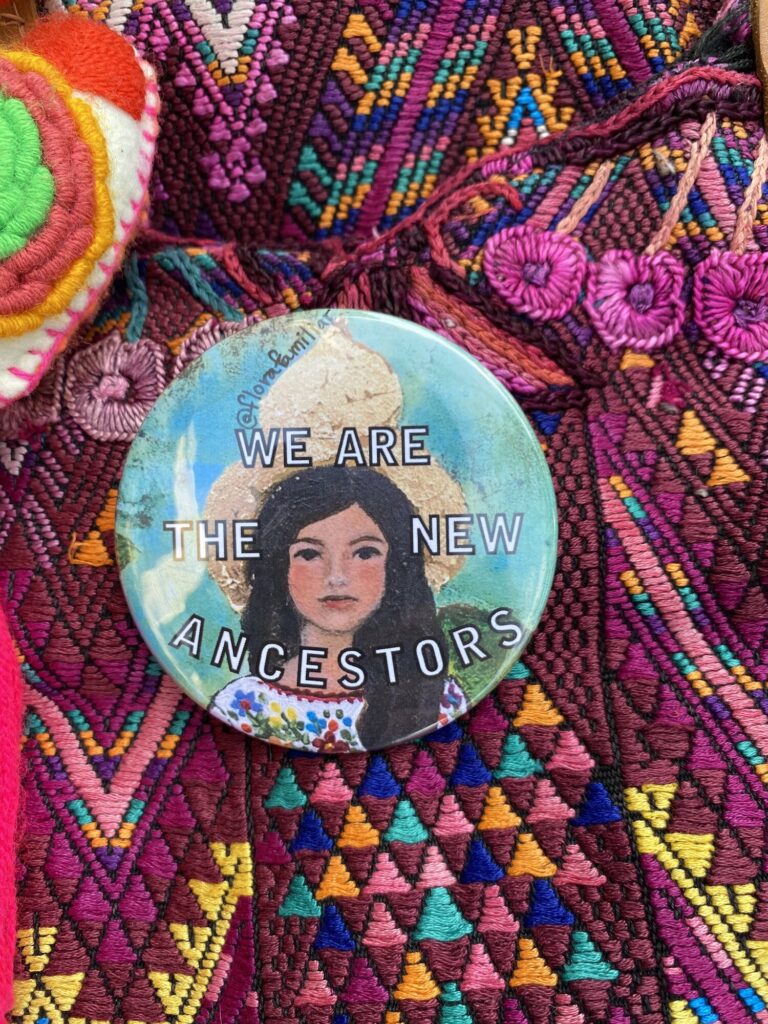
I learned family history the old-school, traditionally Mormon way: filling out hundreds of pieces of paper that went into binders full of names. Young women activities in the library, staring at microfiche. Proud stories from leaders about how they had traced multiple lines of their family back to Adam and Eve. It seemed overwhelming and strange but also beautiful and I could identify with the yearning of wanting to know about my ancestors.
As I got older, the names and birthdates became less important to me than the stories. Rather than an emphasis on charting back as far as possible, I wanted to know details to flesh out the humanity of people. I became interested in the babies who died at birth, what the people ate, what they held in their hands, what kind of sadnesses and joys they experienced. I felt my ancestors calling to me in a different way.
In the last few years, my understanding of family history has undergone another revolution, thanks to the work of Michelle Franzoni Thorley and K Dawn (check out @florafamiliar and @kdawncreates on Instagram), both artists Exponent II has recently featured. These women have taught me about the complexity of family history for people of color. I started thinking about family history in terms of legacy: what was passed down to me and what kind of ancestor I want to be. What trauma did my ancestors inherit? What did they inflict on others around them? How did that influence their children? How does it influence me? Learning about their past has helped me address and heal from wounds that I previously ignored. It has made me a better parent, creating the kind of links between the generations promised by the spirit of Elijah.
In the Spring 2021 issue of Exponent II, we want your stories of family history and legacy. For BIPOC: how have you struggled with the European-centric methods of much of the family history field? How have you liberated yourself from those norms and found meaning in your ancestry? For everyone: how have you connected to your ancestors? What have you learned about them—good or bad—that has influenced you in some way? What have you inherited? How are you trying to be a good ancestor? What kind of new traditions, whether it is Dia de Los Muertos or Santa Lucia, have you started to embrace your heritage? If you have created a chosen family, how have you adopted their traditions? Do you have a certain item in your home that is particularly meaningful because of who passed it down to you?
Submissions should be 700-2400 words and are due by January 4, 2020. They should be in Word or Google Doc form and sent to exponentiihttps://exponentii.org/wp-content/uploads/2021/12/IMG_5173-scaled-2.jpg AT gmail DOT com. We look forward to reading your work.


